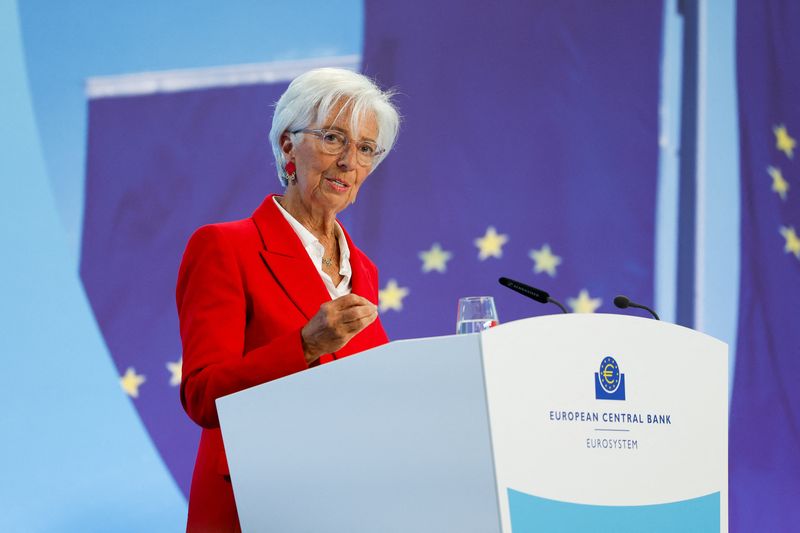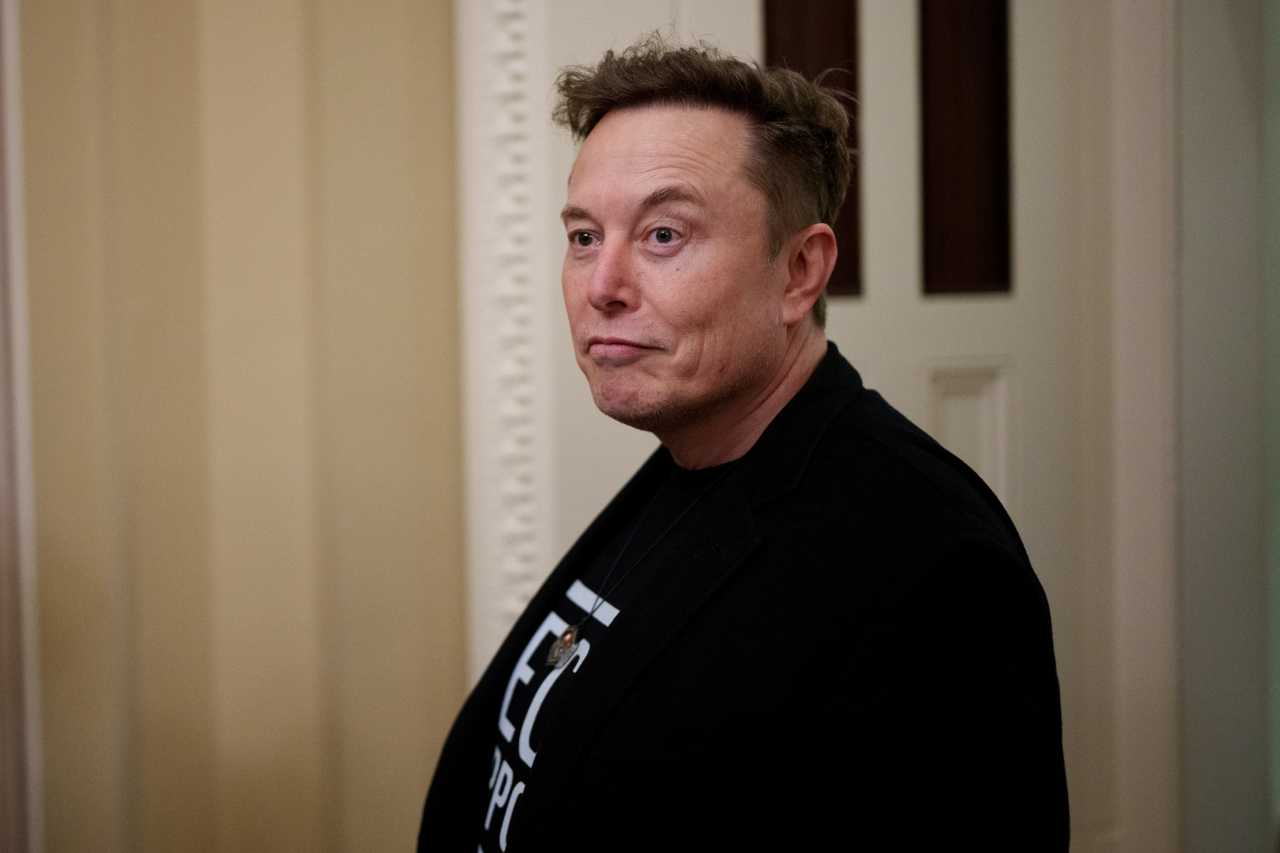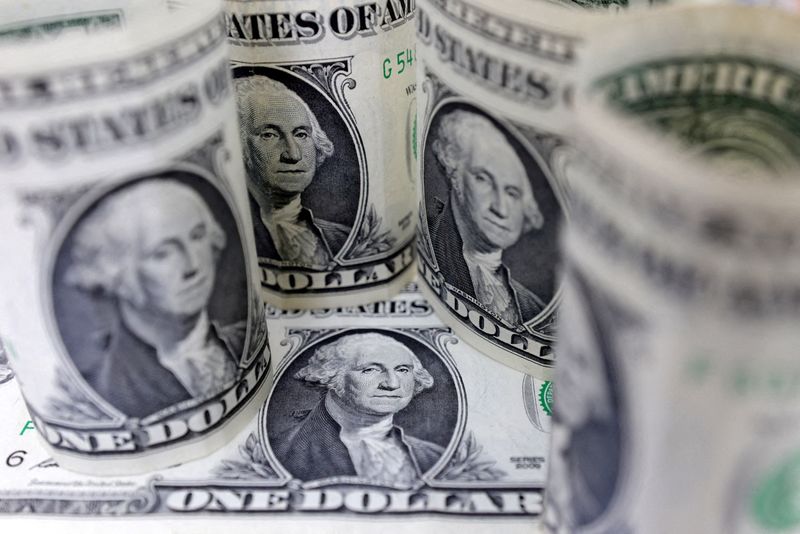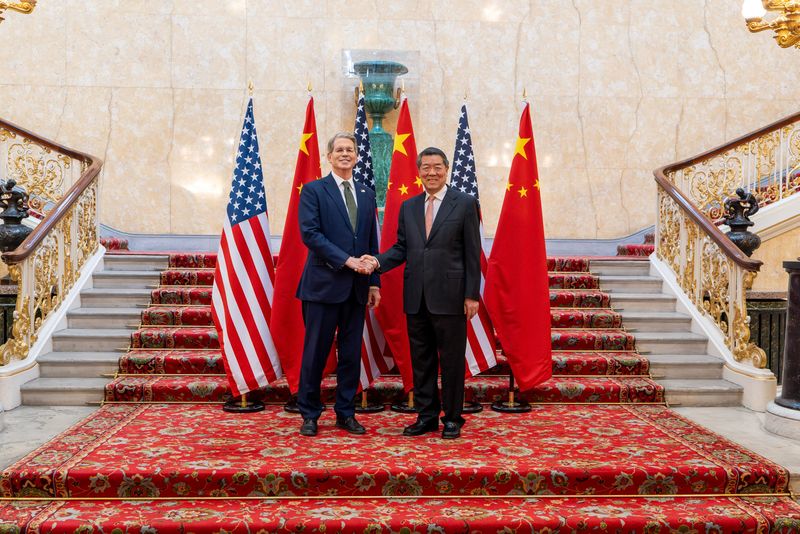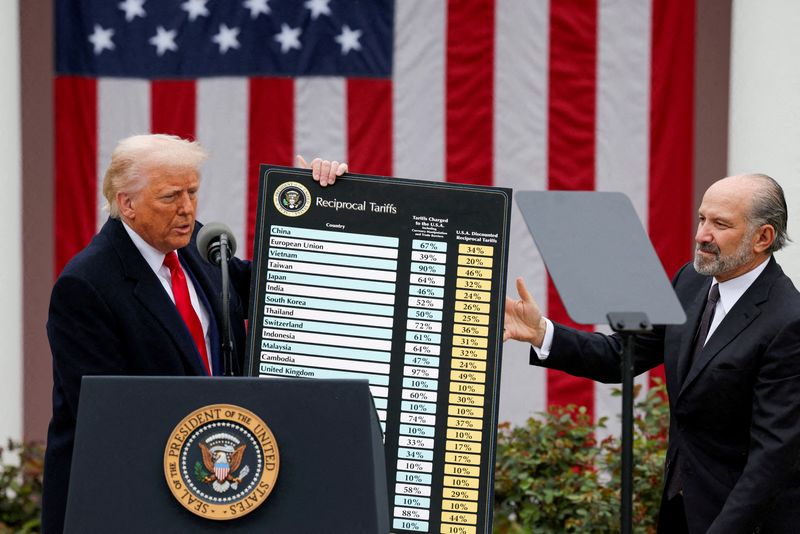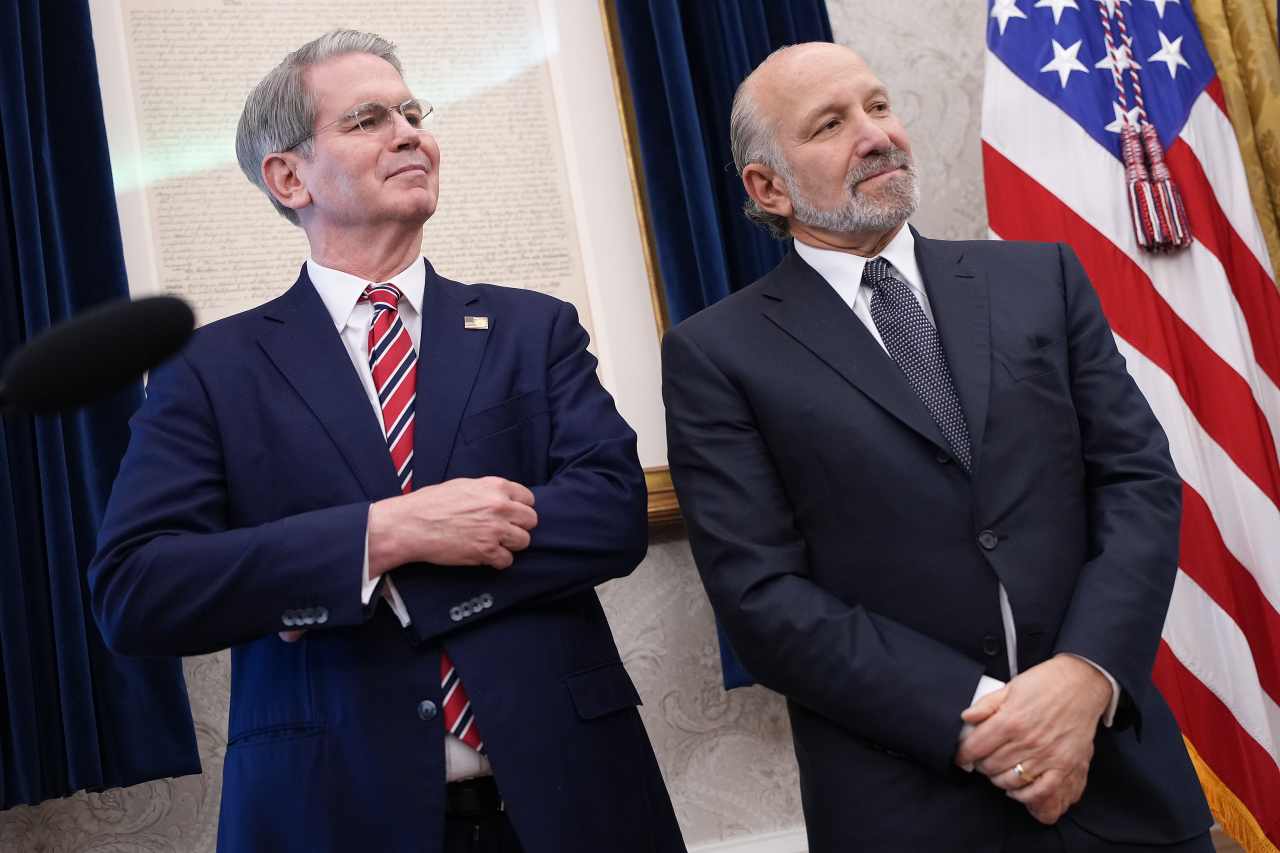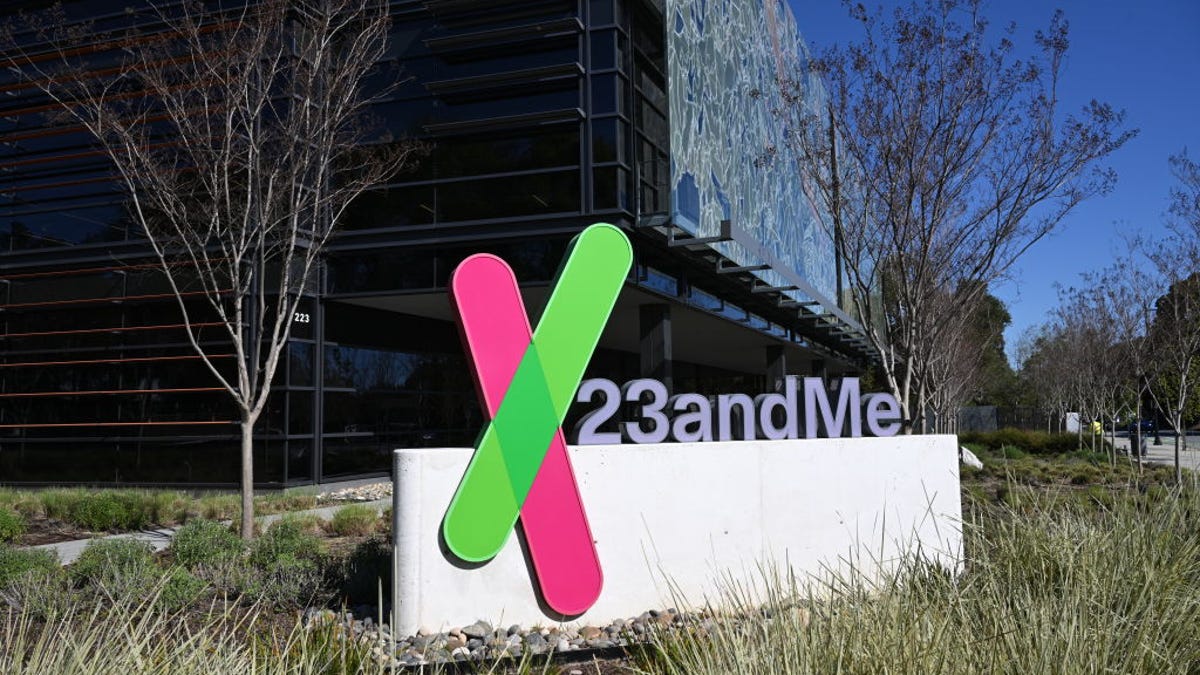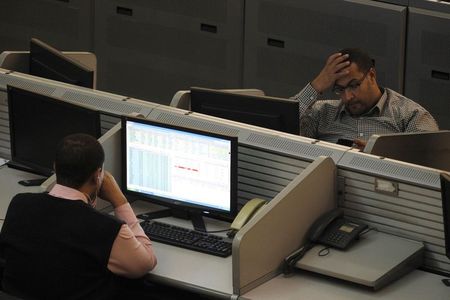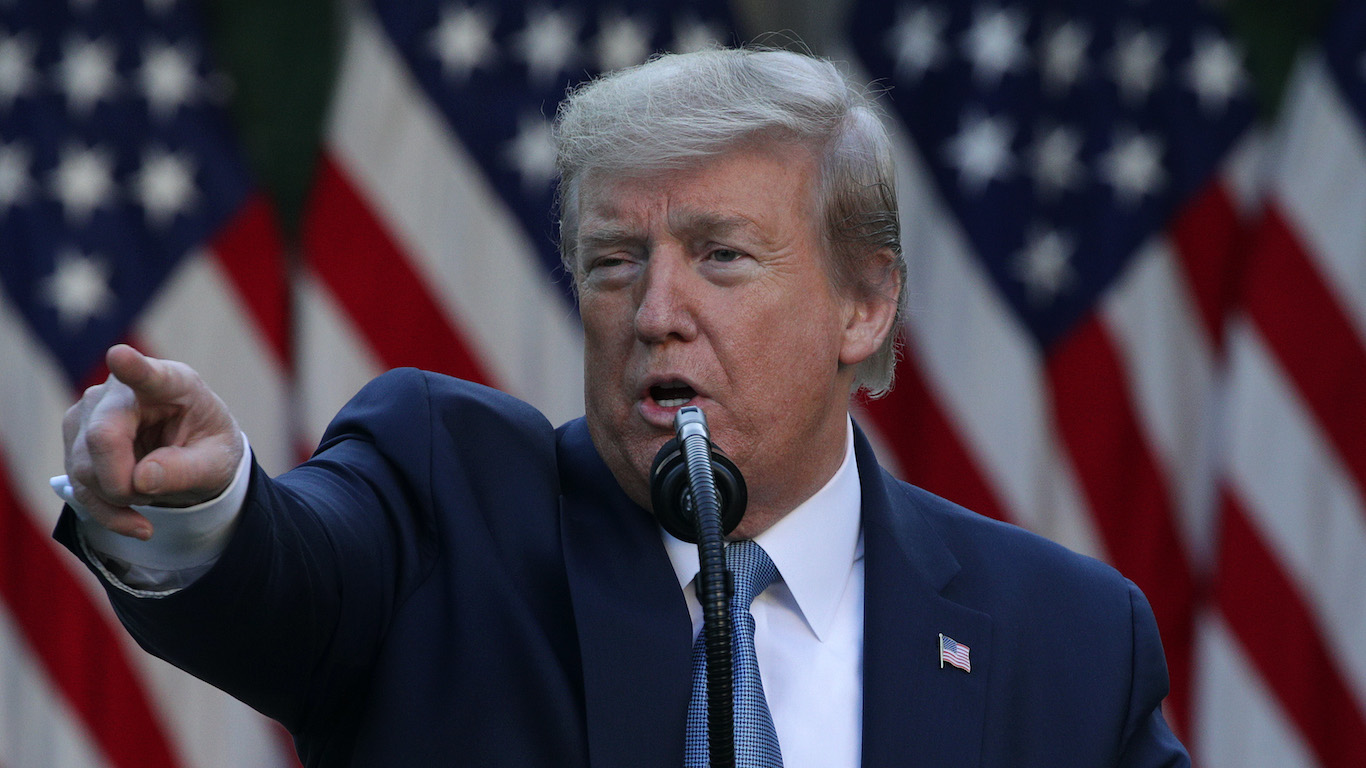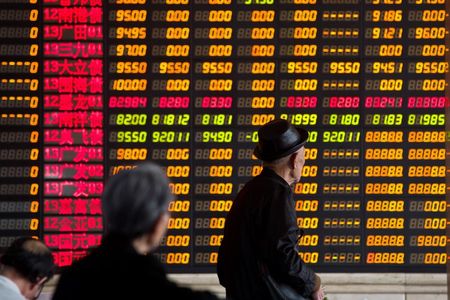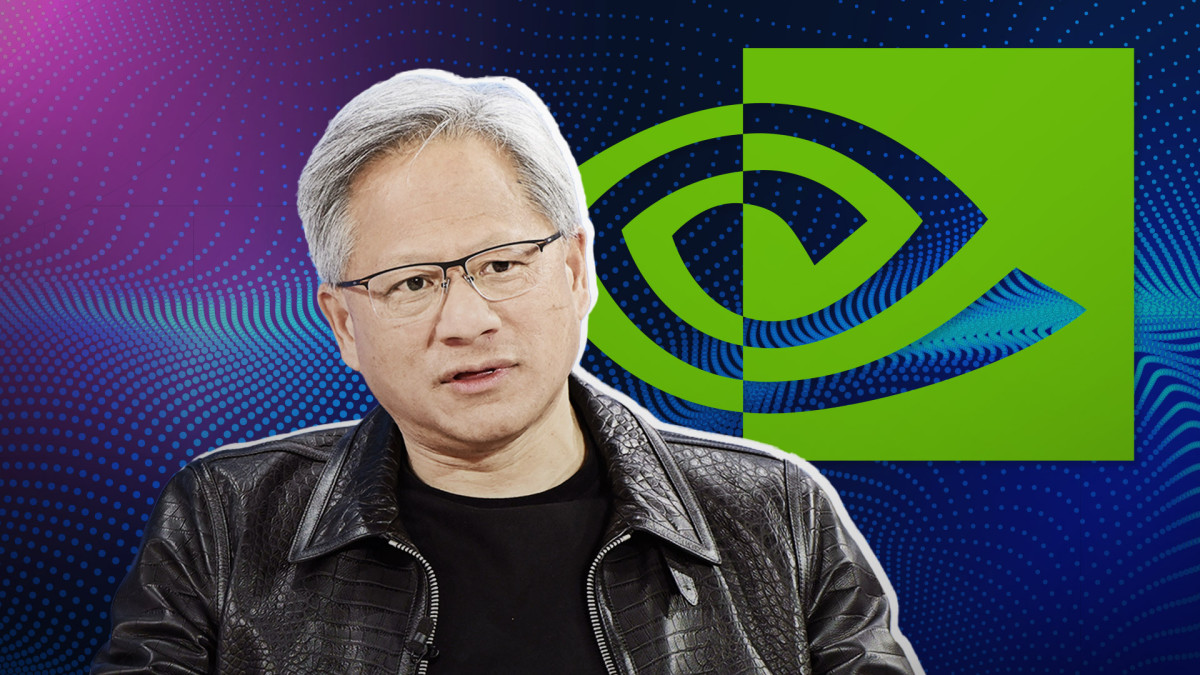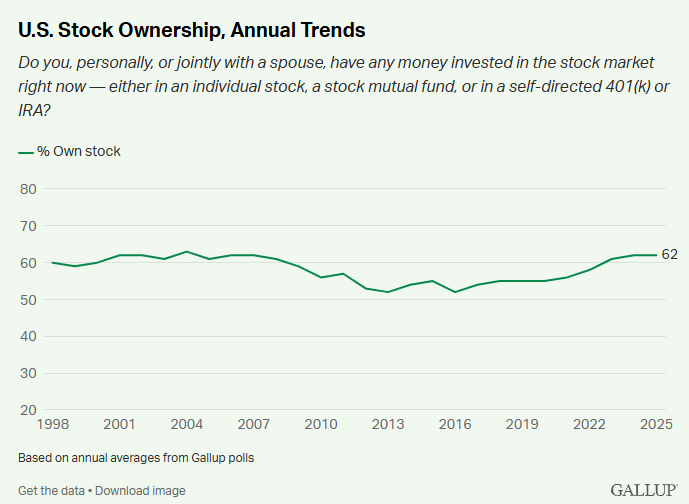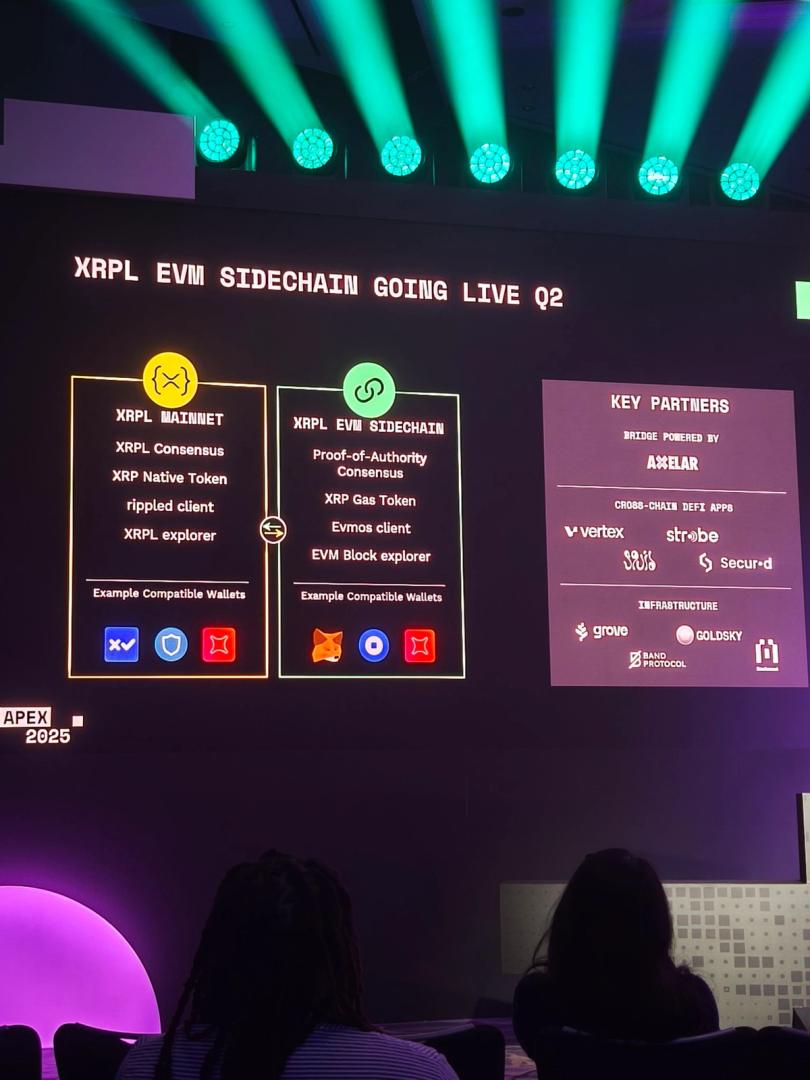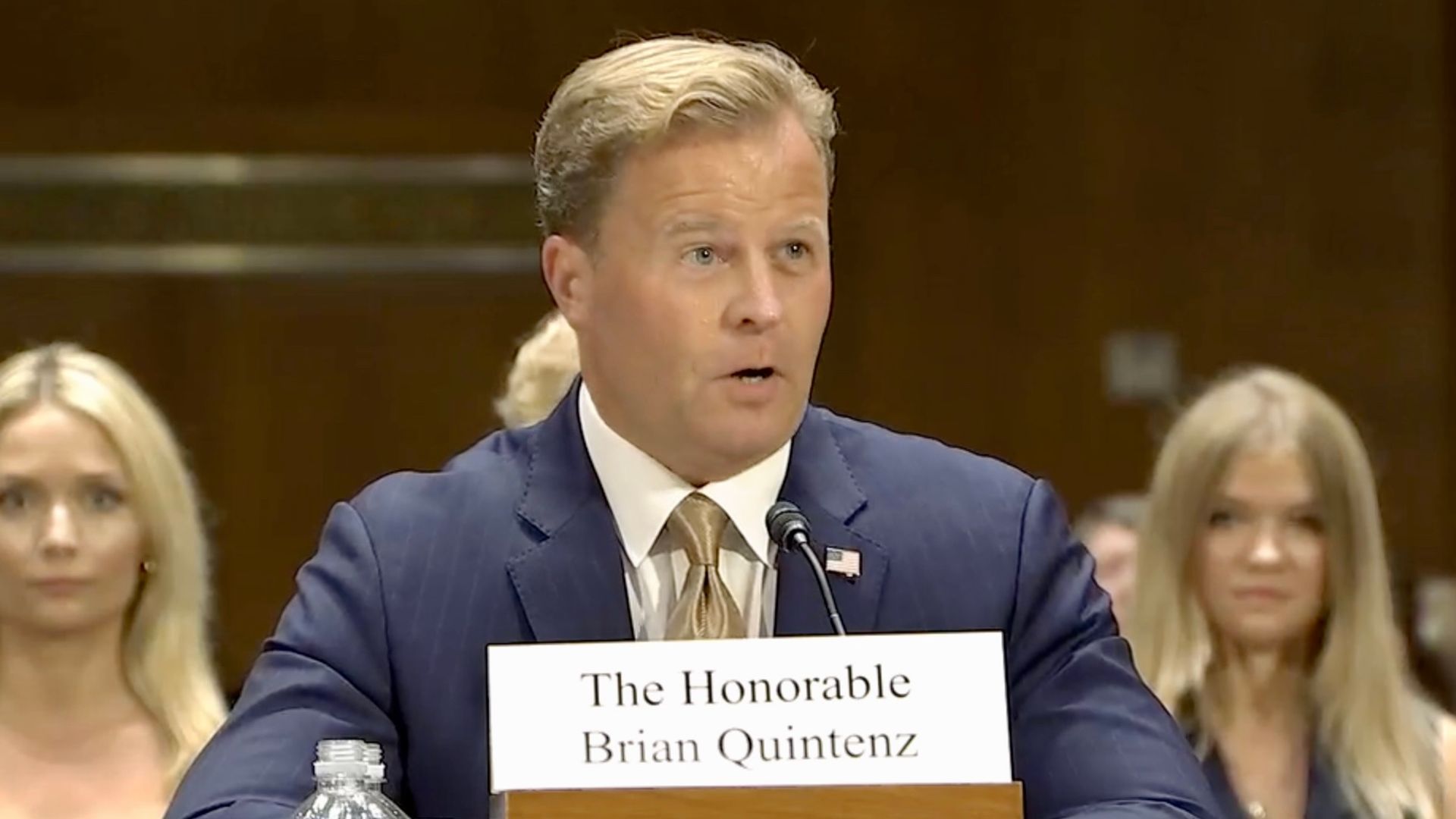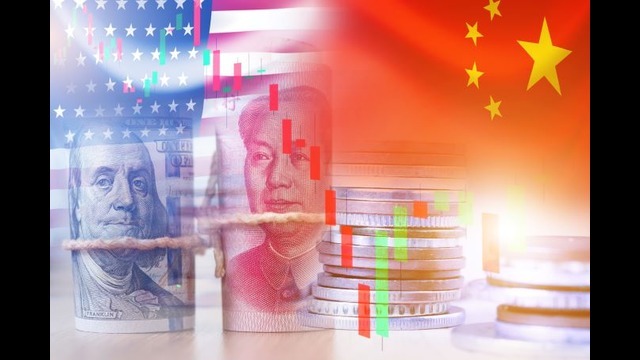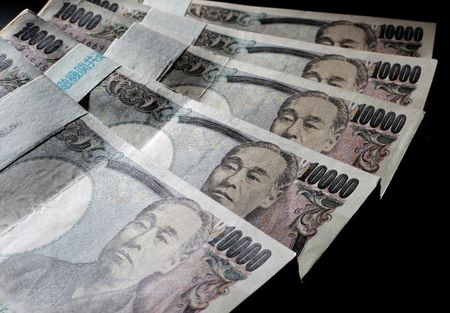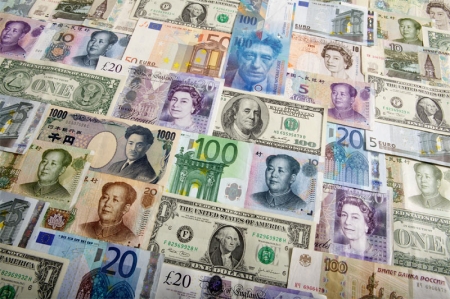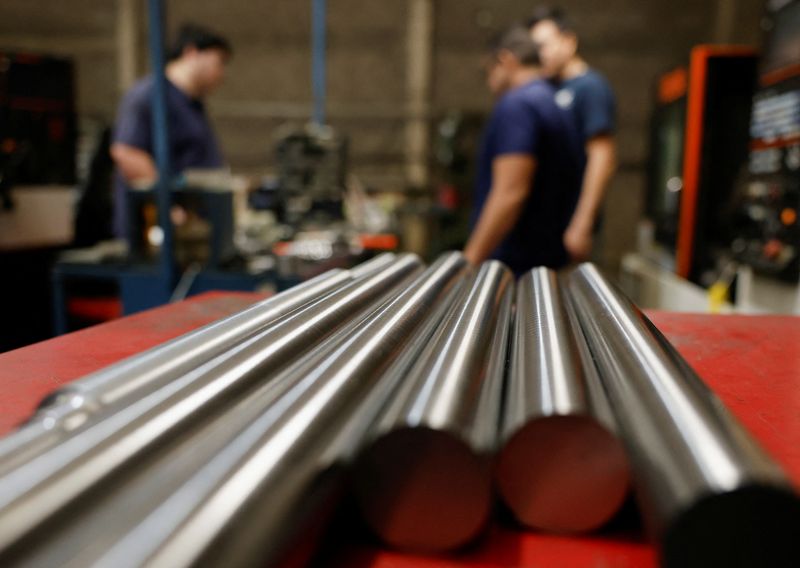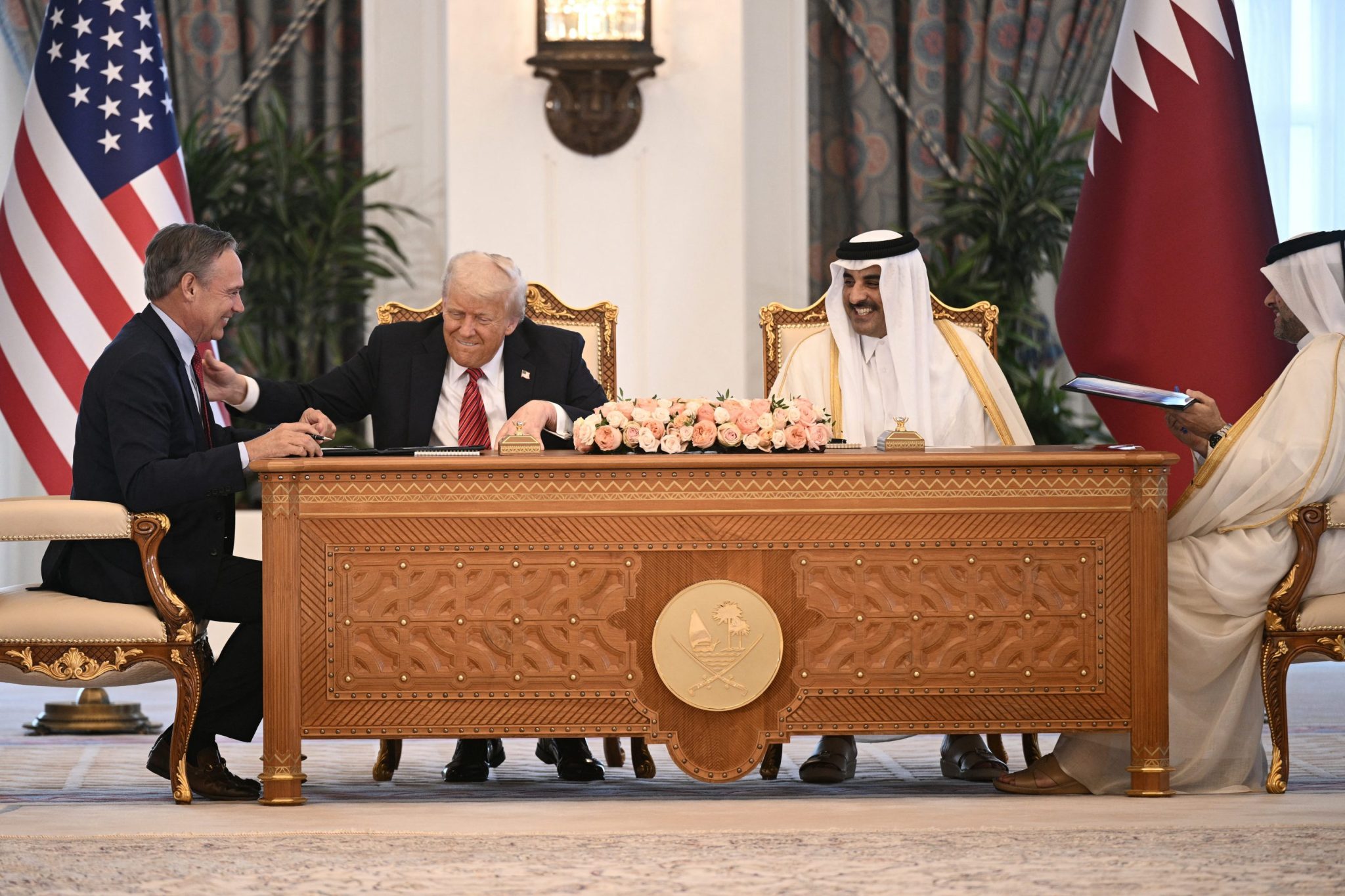China can shrug off U.S. tech controls, thanks to open-source design and chip packaging techniques, says Huawei’s founder
Nevertheless, Ren Zhengfei cautioned that Huawei still isn’t quite as successful as the U.S.’s fears make it seem.

Huawei, the Chinese tech giant, has borne the brunt of U.S. restrictions since 2019, when Washington barred it from acquiring advanced components. Export controls passed in 2022 further constrained Huawei’s ability to get advanced chips.
But despite U.S. pressure, Huawei is returning to the forefront of China’s tech sector, with new successes in smartphones, AI processors and EVs. Observers, in and out of China, see Huawei as proof that the country can succeed even if cut off from advanced technologies produced in the West.
Yet Huawei’s founder is cautioning against reading too much into the tech giant’s progress. Ren Zhengfei, in a Tuesday interview with People’s Daily, the Chinese Communist Party’s official newspaper, said that the U.S. was overstating Huawei’s successes. He suggested the company’s chips were still a generation behind the U.S.
“Huawei is not that great. We have to work hard to reach [the U.S.’s] evaluation,” he said.
Nevertheless, Ren batted away concerns that U.S. export controls will constrain the growth of both Huawei and the Chinese tech sector.
The Biden administration argued that chip export control measures would slow China’s tech developments and maintain the U.S.’s edge in industries like AI. U.S. rules now bar Chinese companies from buying the most advanced chips, as well as the equipment and software needed to design and manufacture them.
Yet Ren countered that chip packaging and stacking techniques could help Chinese semiconductor firms keep up with the most advanced chips. (Stacking involves bundling multiple chips into a package to get higher performance).
Ren also argued that an increasingly open-source environment will benefit the country in the future.
Chinese tech companies are reportedly embracing RISC-V, an open-source platform that can be used for chip design.
Several of China’s leading tech companies, like e-commerce giant Alibaba and startup DeepSeek, have also made their AI open-source, allowing other developers to download, run and tweak the models themselves. That’s encouraged more widespread adoption, including outside of China.
Export controls to the fore
Ren’s comments come as export controls start to dominate U.S.-China trade conversations.
Trade officials from both countries are meeting in London for a second day of trade talks. The U.S. has accused China of slow-rolling its shipments of rare earths, critical minerals used in an array of sophisticated products, including smartphones and cars.
China holds a dominant position in the production of rare earths. Beijing restricted exports of these metals in April, requiring companies to apply for a license to export rare earths out of the country. These regulations are snarling supply chains for some manufacturers, particularly in the auto industry.
It’s an odd reversal of positions for the U.S., which increasingly uses export controls to leverage its edge in strategic technologies. Chinese officials have long complained about U.S. tech export restrictions, arguing–among other things–that they undermine globalization and threaten China’s development.
U.S. Commerce Secretary Howard Lutnick is taking part in the London talks, which could be an indication that some U.S. restrictions could be up for negotiation.
This story was originally featured on Fortune.com

